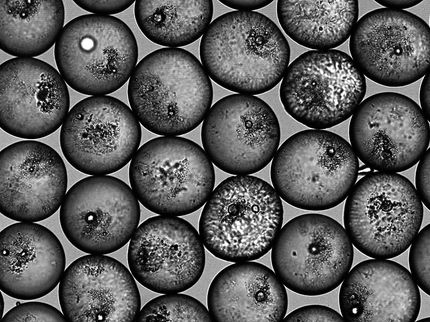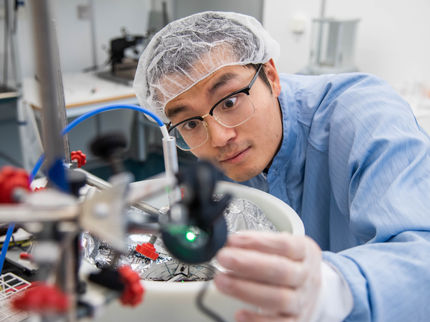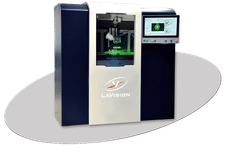Otto Schott Research Award 2007 goes to two internationally renowned glass scientists
Advertisement
This year's Otto Schott Research Award was presented to the two researchers Prof. Himanshu Jain (Lehigh University, Bethlehem/PA, U.S.A.) and Prof. Walter Kob (46, Université Montpellier 2, France). The award that entails EUR 25,000 in prize money, was presented within the framework of a congress on glass science in Strasbourg, France.
The Otto Schott Research Award is conferred for outstanding achievements in fundamental research and the development of technology in the fields of advanced materials, components and systems for use in optics, electronics, solar energy, health and lifestyle.
Prof. Himanshu Jain received the award in acknowledgement of his outstanding work towards advancing fundamental understanding of the movements of atoms inside glass. He received his doctorate degree in Engineering Sciences in the field of Materials Science from Columbia University in 1979. Before becoming a member of the faculty of Lehigh University, he conducting research for several years on various types of glasses and issues related to corrosion under nuclear repository conditions at two U.S. Government research facilities.
Prof. Jain's research has focused on basic functionalities in glass, for example, unique light-induced phenomena and their application in new devices, corrosion of glass in nuclear environments and nuclear waste storage areas or glasses for photonic applications, such as sensors, infrared optics, waveguides, photolithography and nanolithography.
His research has been influenced significantly by his numerous interdisciplinary and multidisciplinary international collaborations with physicists, chemists, ceramists, dentists, tissue engineers, electrical and optical engineers, etc. in Germany, France, the Czech Republic, India, the Ukraine, Japan, Greece, the UK and the United States. Since 2004, he has been heading NSF's International Materials Institute for New Functionality in Glass (IMI-NFG) with the objective of establishing international research teams capable of developing new applications for glass. He has already been presented with the "Zachariasen Award" for outstanding contributions towards glass research and is a member of the American Ceramic Society.
Prof. Walter Kob received the Otto Schott Award for his outstanding research achievements towards providing fundamental insight into the static and dynamic properties of glasses and supercooled liquids with the help of computer simulations. Born in Switzerland, he studied theoretical physics at the University of Basel and received his doctorate degree there in 1989. Following various research-related stops in Stanford and Mainz, he came to the Université de Montpellier 2 in 2000, where he currently works as a full professor at the Physics Institute.
The main focus of his research is the investigation of the static and dynamic properties of disordered systems, such as simple liquids, textured glasses, Potts glasses and polymers with the help of computer simulations and other statistical methods. His work has been documented in more than 140 research papers and one textbook.
Prof. Kob's research areas include, among others, the dynamics of supercooled liquids and the nature of glass transformation, the structure and dynamics of gels, sodium silicate melts and glasses, but also the aging of glassy systems.
In addition to his research work, he has organized a number of international scientific workshops and conferences. In 1995, he became Managing Director of the Laboratoire des Colloïdes, Verres et Nanomatériaux.
Other news from the department people
These products might interest you
Most read news
More news from our other portals
See the theme worlds for related content
Topic world Sensor technology
Sensor technology has revolutionized the chemical industry by providing accurate, timely and reliable data across a wide range of processes. From monitoring critical parameters in production lines to early detection of potential malfunctions or hazards, sensors are the silent sentinels that ensure quality, efficiency and safety.

Topic world Sensor technology
Sensor technology has revolutionized the chemical industry by providing accurate, timely and reliable data across a wide range of processes. From monitoring critical parameters in production lines to early detection of potential malfunctions or hazards, sensors are the silent sentinels that ensure quality, efficiency and safety.
































































